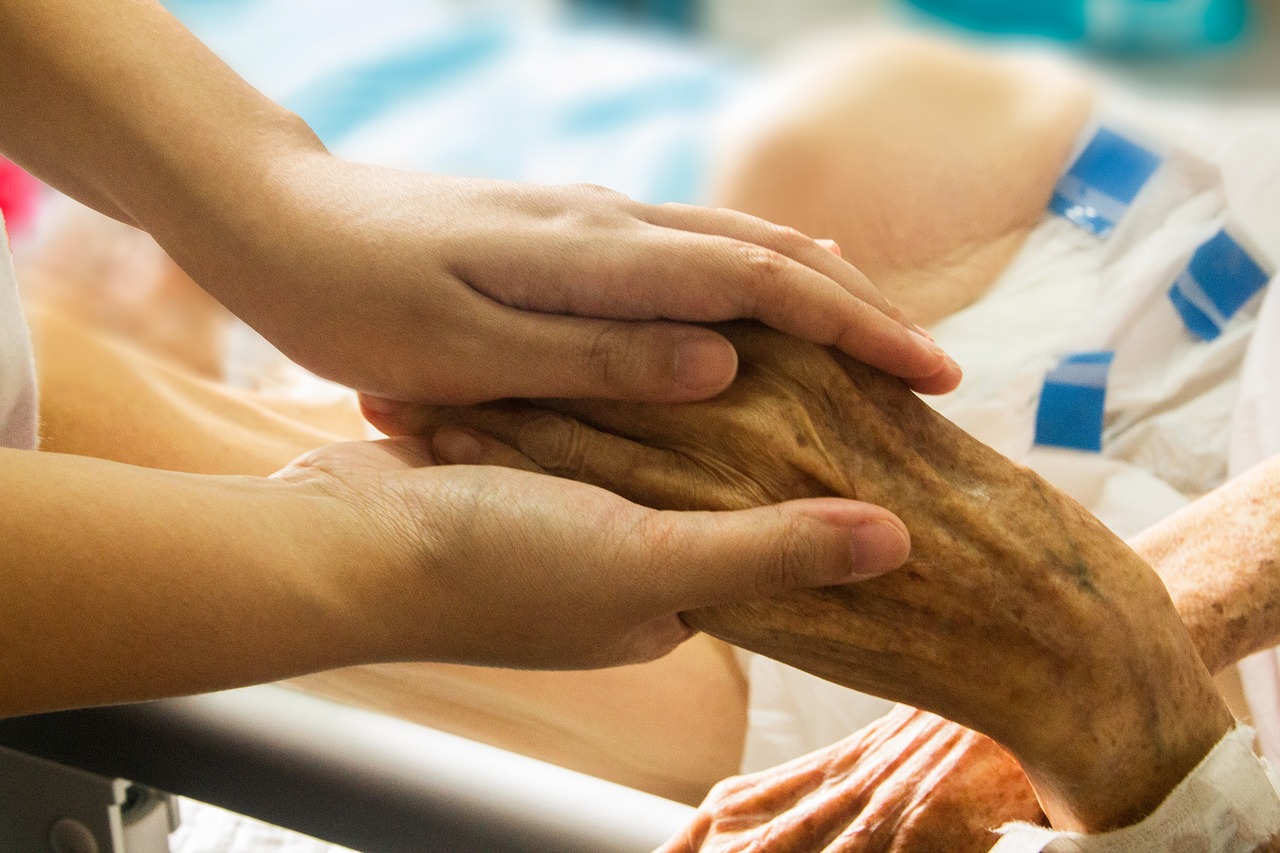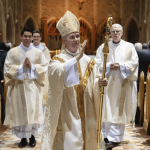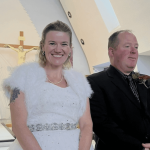OTTAWA (CCN) — Dylan McGuinty Jr. has a vision of a coalition that could strike “a grand bargain” to pave the way for more traditional palliative care options in a Canada increasingly embracing euthanasia.
One of the specializations of the 39-year-old lawyer, executor and trustee with Mann Lawyers in Ottawa is advising families in the areas of consent, capacity and substitute decision-making. The man who has represented clients in front of the Supreme Court of Canada also routinely offers counsel to elderly and vulnerable persons.
In an interview with The Catholic Register days before his Oct. 25 keynote speech at the annual Canadian Physicians for Life Conference in Toronto, McGuinty Jr. articulated why his background positions him optimally to explore an unlikely alliance, on paper, between social progressives and the pro-life community.
“I was born into a liberal family, the Liberal party of the Chrétien mold, the so-called old liberal guard,” said the University of Ottawa and Osgoode Hall Law School graduate. “I’m anchored within that world and within a broader alliance of social progressives whom I respect deeply, and live, commune and have friendship with, but they are aware of my position on these issues.
“And on the other hand, I’m also anchored within a faith that proclaims the sanctity of life and I’m woven into the fabric of the Roman Catholic Church and people of the pro-life persuasion.”
McGuinty Jr. suggested his social progressive friends are “aware of the possibility through friendship and the desire to work together that there may be a way forward.” He and his pro-life contacts, who “have come to accept that Christendom is dead,” believe it to be a pragmatic course of action to find an accord with a Canadian “moral majority” championing access to medical assistance in dying (MAiD).
Within this new landscape, McGuinty Jr. suggests both sides come together to discuss the underlying reasons why people are turning to euthanasia as a remedy for their suffering.
He outlined what “committed people of goodwill” need to ponder as they engage in this dialogue.
“How do we come back to a vision of good government that will help support Canadians in their moment of greatest need and greatest vulnerability so that you have a true choice,” said McGuinty Jr. “If the debate is about true choice, then people of goodwill will accept the evil of euthanasia as a reality, but push for better social supports, psychiatric supports and better availability of psychological healing.”
Having a foot in both camps is a good start, but he recognizes it will be a challenge to hammer out an agreement.
“The trick will be to remain true to our ideals without selling out and while unifying both parts of that grand coalition through personal engagement, conversation, seminars.”
Examining the ethics and complexities of advanced requests for MAiD was the theme of McGuinty Jr.’s talk alongside Dr. Catherine Ferrier, a physician with the Division of Geriatric Medicine at McGill University, at the conference.
Advanced requests for euthanasia are made by individuals armed with the competency to make decisions to express their authorization to receive the procedure in the future, even if they lose their decision-making capacity. This process is authorized under Quebec provincial law but not federal law.
McGuinty Jr. warned that “the carpet of consent is being ripped from under the feet of our citizens and the most vulnerable.”
“The reality is that people adjust to their circumstances when they receive a diagnosis of dementia. And if we’re effectively putting to death those people who cannot consent at the moment of death, then we are in breach not only technically of the provisions of the Health Care Consents Act,… we’re also in breach of the spirit of the law, which is that no person should be put to death.”
Pushing back against a populist tide requesting MAiD — a 2024 Ipsos poll indicated that 84 per cent of surveyed Canadians support the original Carter v. Canada decision that paved the way for assisted dying legislation — will indeed be difficult. McGuinty Jr. suggested there are interesting possibilities to explore as an activist minority.
“We have to do as the Sisters of Charity did in 1847 and 1848 when they set up a hospital and a school in Ottawa, in the backwaters of what was then Bytown, in a swamp in Lower Town,” said McGuinty Jr. ”And we have to put our nose to the grind and be like a field hospital.
“We’re living in the Middle Ages again when it comes to normlessness that prevails and the fiefdoms of the very powerful. And so we have to find each other like lamps in the darkness and come together and support local mental health treatment centres, parish Bible studies, reach out to those that we know, those that we know less, and be activists in our thinking toward government.”




